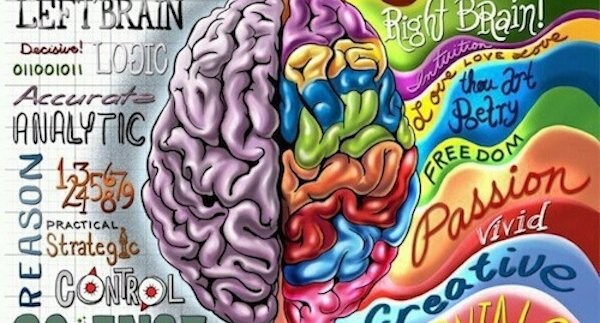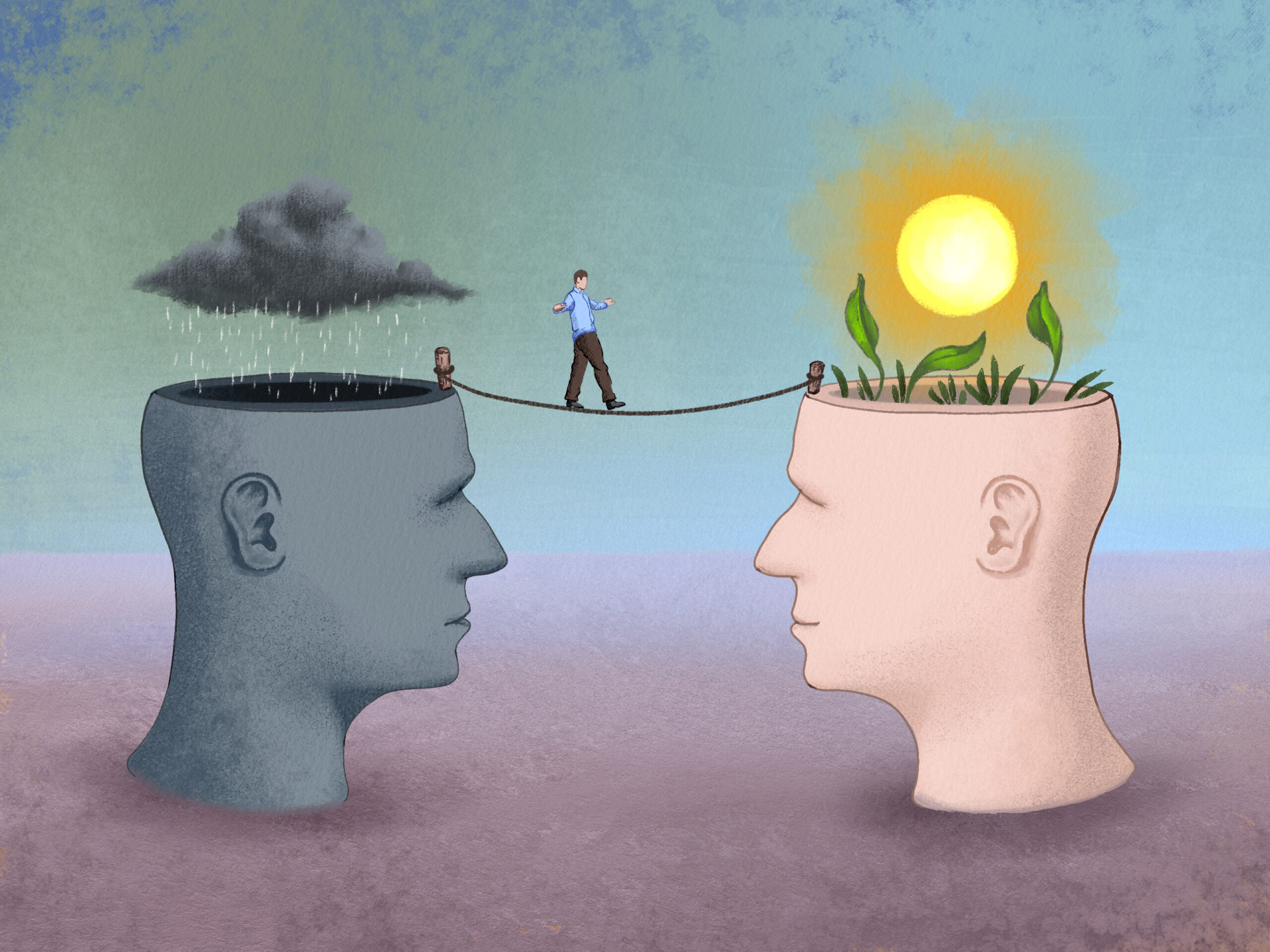Children who have experienced trauma often face unique challenges in regulating their emotions and behaviours, which can make everyday life more difficult for them. Trauma, such as physical or emotional abuse, neglect, or witnessing violence, can have a profound impact on a child’s developing brain and nervous system, disrupting their ability to effectively manage and control their emotions and behaviours.
One key reason why children who have experienced trauma struggle with emotion regulation is that trauma disrupts the brain’s stress response system. When faced with a traumatic event, the brain releases stress hormones, activating the fight-or-flight response. However, repeated exposure to trauma can dysregulate this system, making it harder for children to appropriately respond to stressful situations. This can result in heightened emotional reactivity, difficulty calming down, and an increased risk of impulsive or aggressive behaviours. Furthermore, trauma can also impact a child’s sense of safety and trust in the world.
Children who have experienced trauma may develop hypervigilance, constantly scanning their surroundings for potential threats. This hyperarousal state can lead to heightened sensitivity to stimuli and an overactive fear response, causing them to react strongly or impulsively even in non-threatening situations. Additionally, children who have experienced trauma may struggle with self-regulation due to disrupted attachment relationships.
Trauma can erode a child’s trust and sense of security, making it challenging for them to form healthy bonds and seek support from caregivers. This lack of secure attachment can hinder the development of effective coping strategies, leaving them with limited resources to regulate their emotions and behaviours. In conclusion, children who have experienced trauma face significant challenges in regulating their emotions and behaviours due to the impact on their brain development, stress response system dysregulation, loss of safety and trust, and disrupted attachment relationships.
Understanding these difficulties is crucial for caregivers, educators, and professionals working with traumatized children to provide the necessary support, empathy, and interventions that promote healing and resilience.








